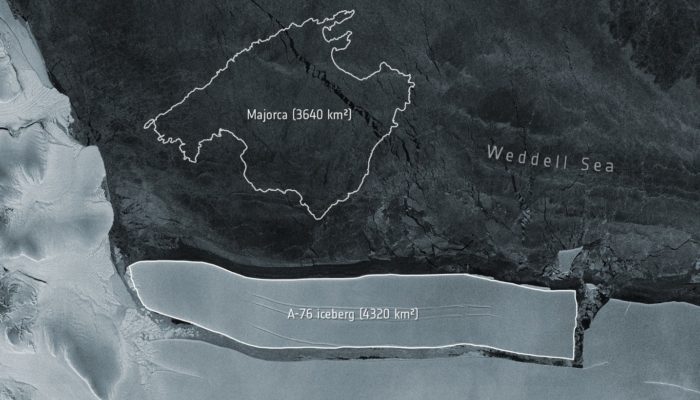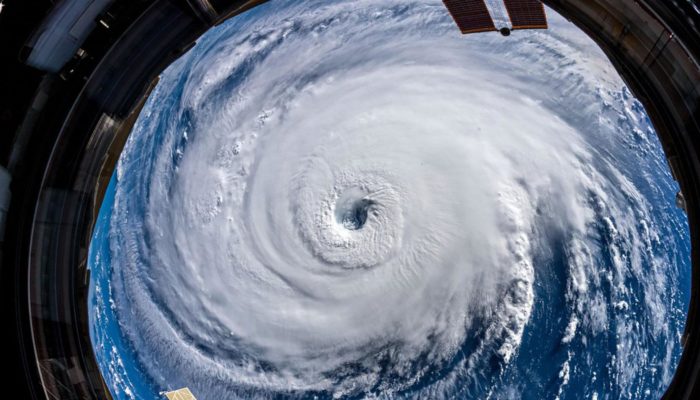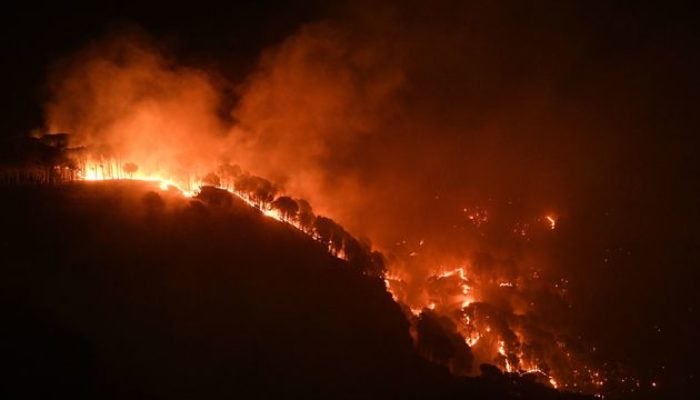Today’s NP Interviews hosts the 2021 Lewis Fry Richardson Medal Berengere Dubrulle. Berengere is senior scientist at the Centre National de la Recherche Scientifique and presently Director of the Les Houches Physics School. She received her PhD in astrophysics in 1990 under the supervision of J.-P. Zahn. She is a specialist of turbulence, and its application to astro and geophysical flows using th ...[Read More]
From the eyes of tropical cyclones to flooded strands : how climatologists use weather events to make climate predictions?
While extreme events are meteorological in nature, climatologists collect them to draw conclusions about the state of the present climate and to get clues how they possibly change in the future. Thus, climate and weather find common ground. If we consider an event alone, we are not studying the climate, we are in the field of meteorology, the goal of climatologists is therefore to put extreme even ...[Read More]
Three reasons why Forest-Fires worsen with climate change
The brand-new IPCC AR6 report clearly states that “Unless there are immediate, rapid and massive reductions in greenhouse gas emissions, limiting warming to around 1.5°C, or even 2°C, will be out of reach”. Although as human beings we do not perceive changes in global Earth average temperatures as a threat to our lives, the IPCC report also states that extreme weather events will worsen; actually ...[Read More]
When carbon emissions break nature: icebergs and their feedback to climate change

The largest iceberg in the world, named A-76, about 170 km long and 25 km wide, is drifting away from the Ronne pack ice in Antarctica. A76, originally spotted by the British Antarctic Survey (BAS), a British polar research organization with a base nearby, will wander and melt in the Weddell Sea, according to a statement released Wednesday, May 20, by the European Space Agency. Several studies are ...[Read More]



